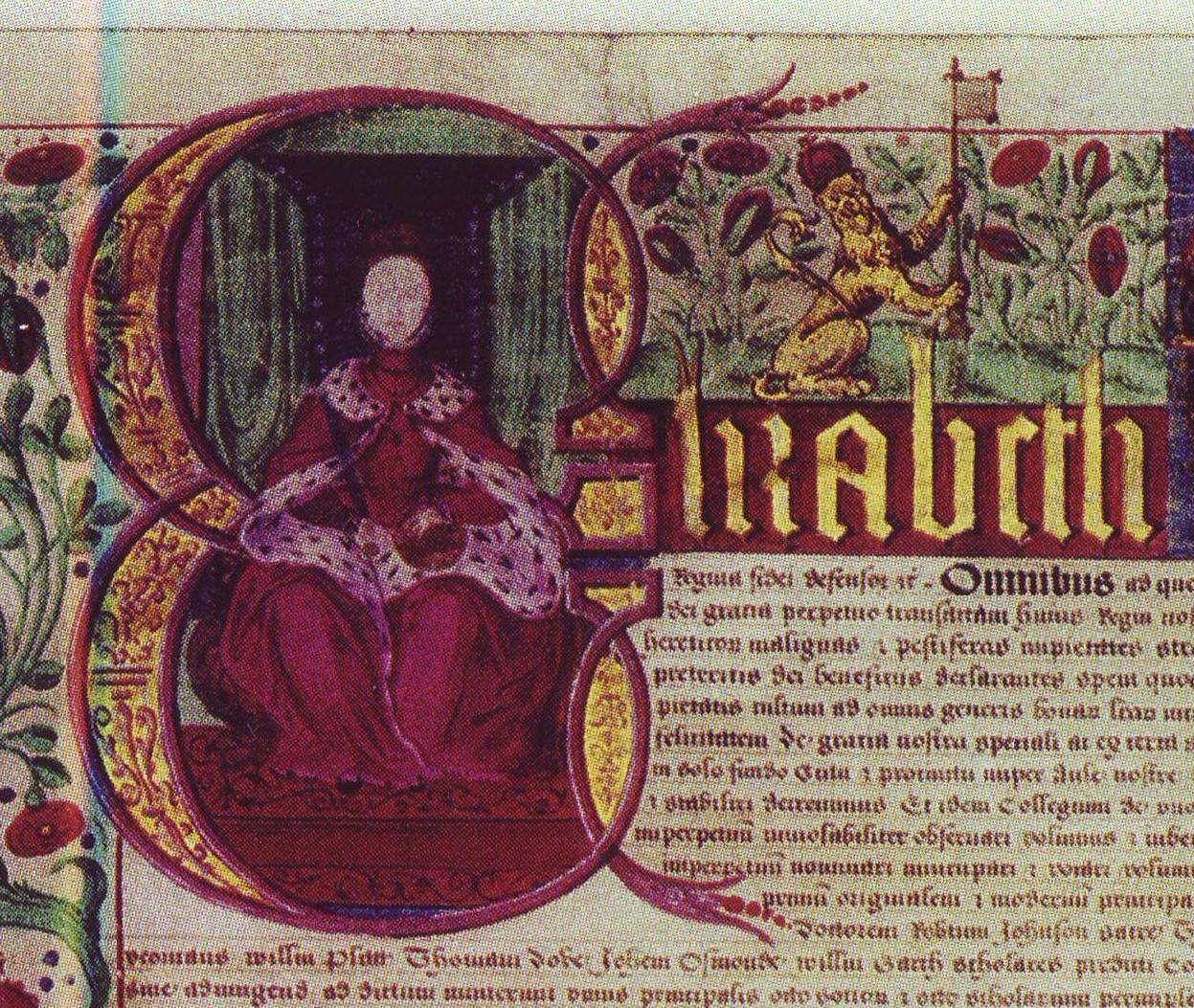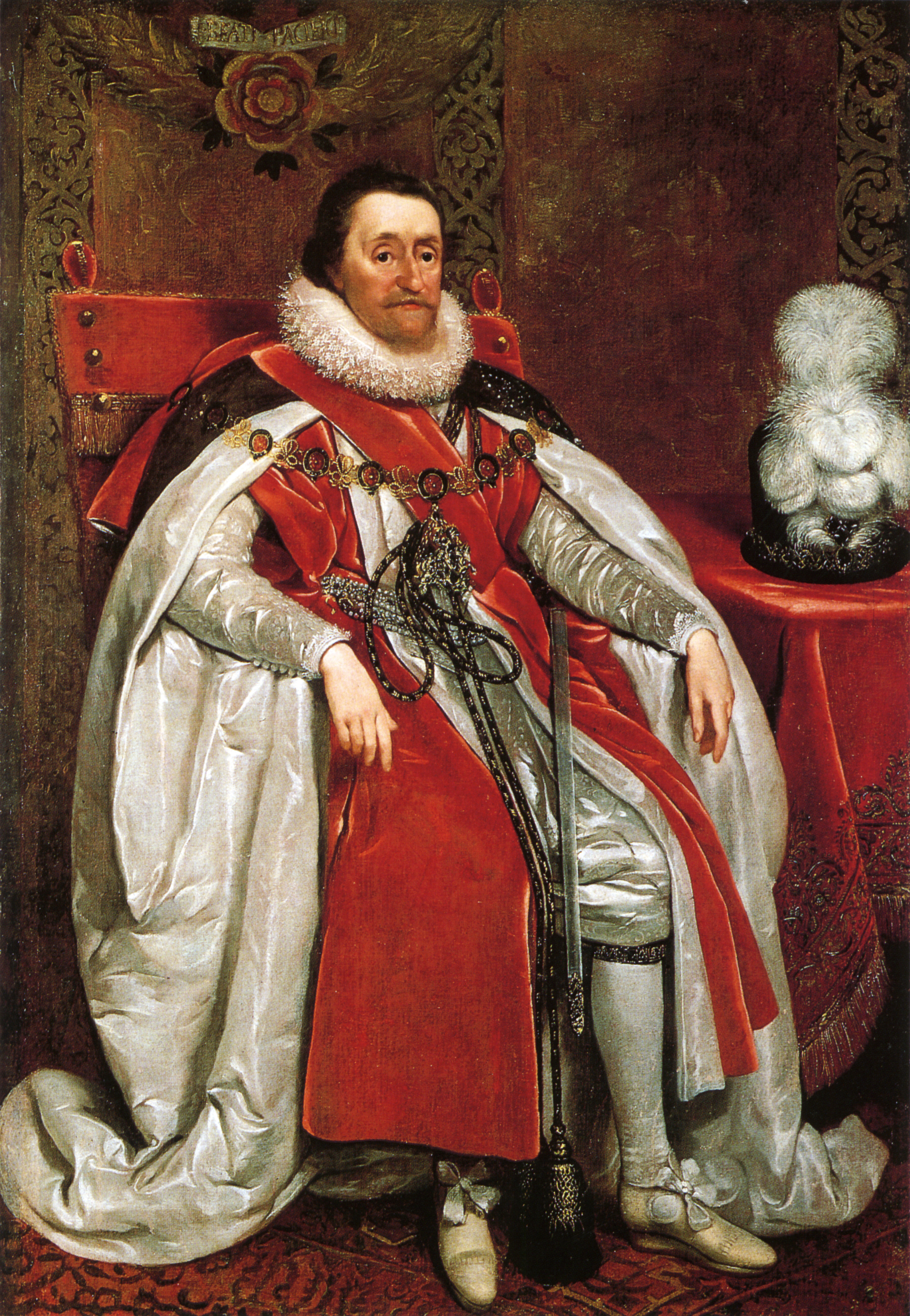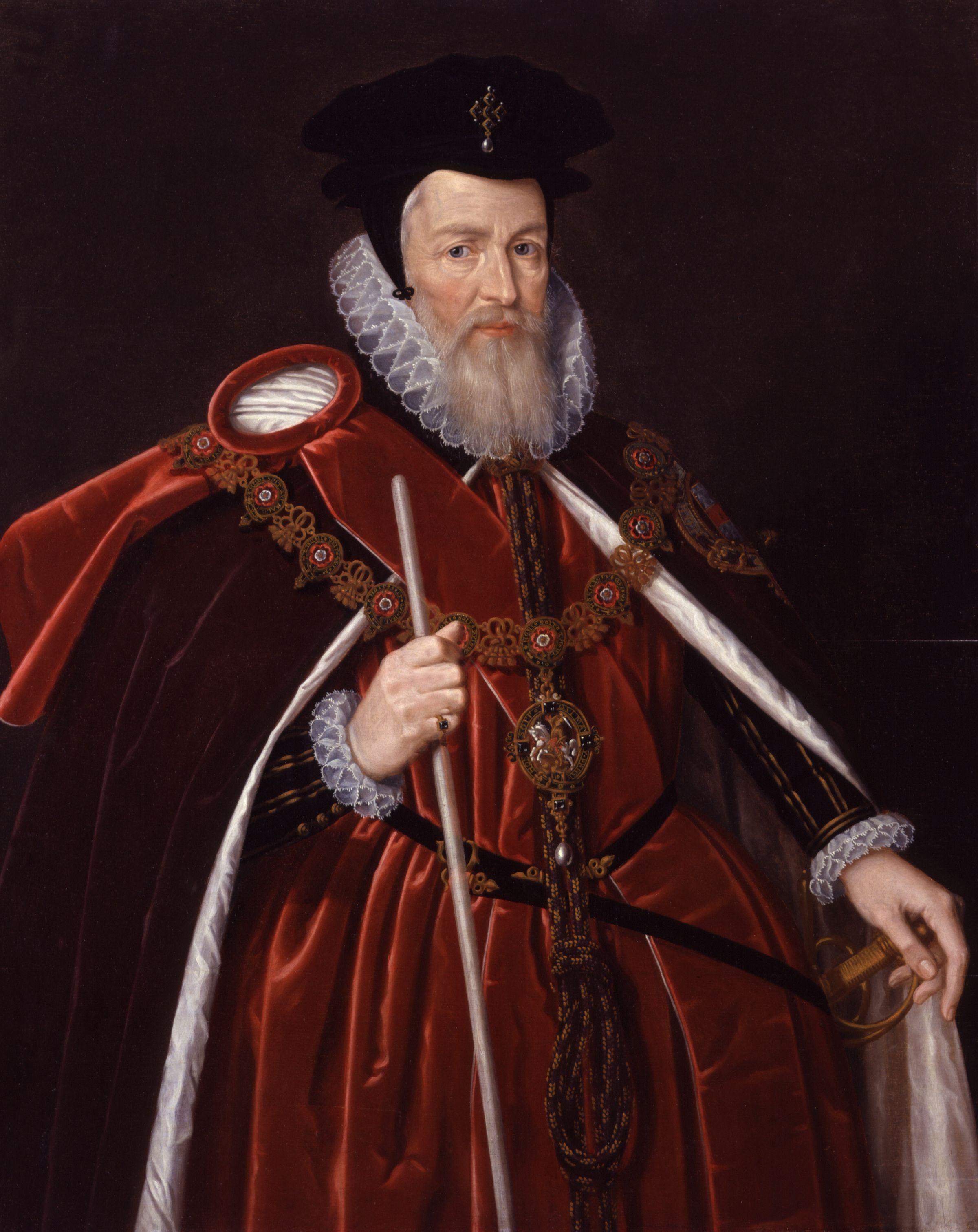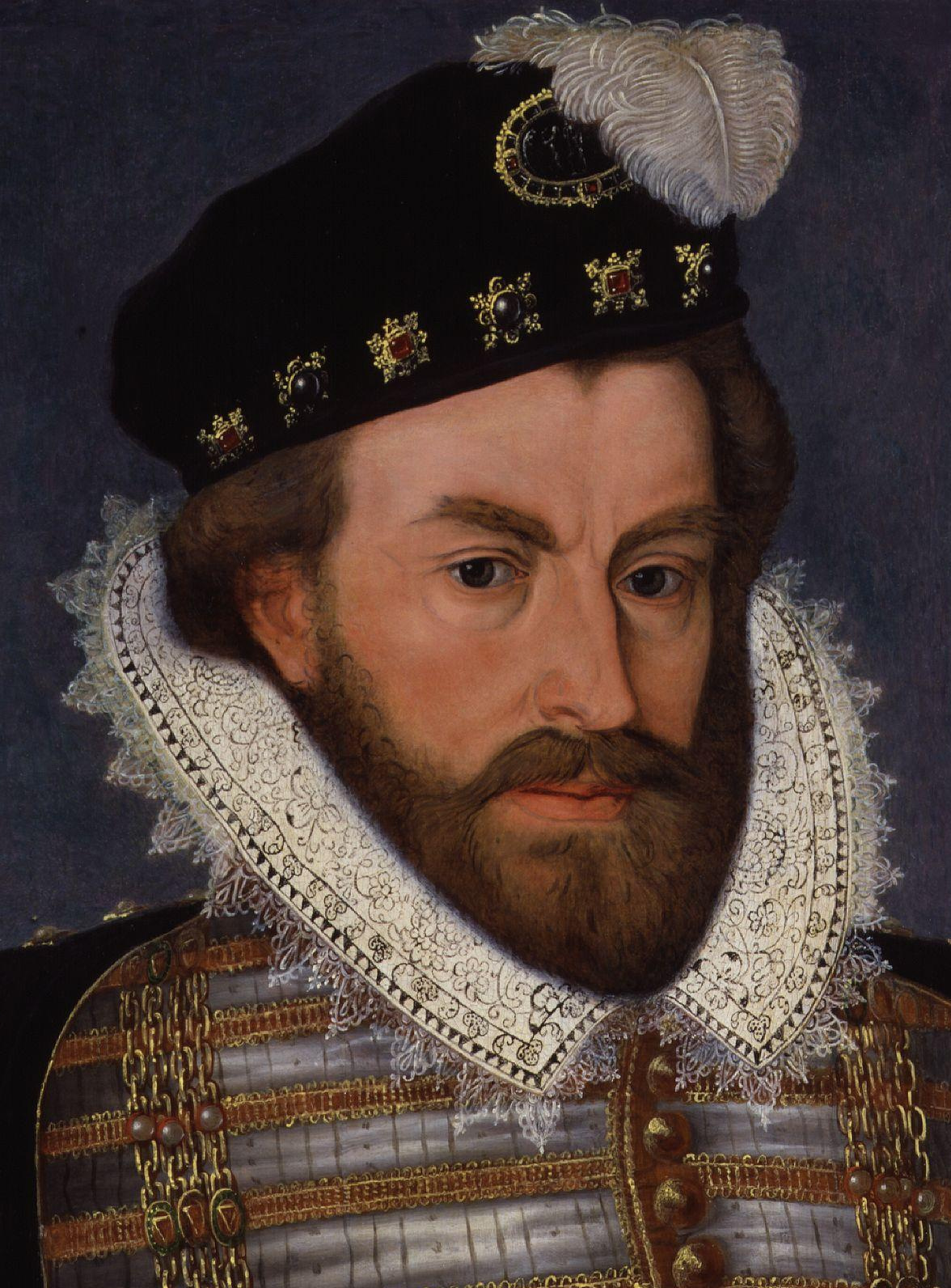List of founding Fellows, Scholars and Commissioners of Jesus College, Oxford on:
[Wikipedia]
[Google]
[Amazon]
 Jesus College, Oxford, the first Protestant college at the University of Oxford, was founded by Elizabeth I in 1571 at the instigation of a
Jesus College, Oxford, the first Protestant college at the University of Oxford, was founded by Elizabeth I in 1571 at the instigation of a
 Jesus College came into being when Elizabeth issued a charter dated 27 June 1571. The charter named a Principal ( David Lewis), eight
Jesus College came into being when Elizabeth issued a charter dated 27 June 1571. The charter named a Principal ( David Lewis), eight  In 1609, Powell brought matters to the attention of
In 1609, Powell brought matters to the attention of


 The charter of 1589 appointed 13 Commissioners – whilst Francis Bevans was confirmed as Principal, no Fellows or Scholars were appointed by this charter.Allen, pp. 115–116
The charter of 1589 appointed 13 Commissioners – whilst Francis Bevans was confirmed as Principal, no Fellows or Scholars were appointed by this charter.Allen, pp. 115–116

 Jesus College, Oxford, the first Protestant college at the University of Oxford, was founded by Elizabeth I in 1571 at the instigation of a
Jesus College, Oxford, the first Protestant college at the University of Oxford, was founded by Elizabeth I in 1571 at the instigation of a Welsh
Welsh may refer to:
Related to Wales
* Welsh, referring or related to Wales
* Welsh language, a Brittonic Celtic language spoken in Wales
* Welsh people
People
* Welsh (surname)
* Sometimes used as a synonym for the ancient Britons (Celtic peop ...
clergyman, Hugh Price Hugh Price may refer to:
* Hugh Price (intelligence), former senior official in the Central Intelligence Agency
* Hugh Price (lawyer) (c. 1495–1574), Welsh lawyer and cleric; founder of Jesus College, Oxford
* Hugh Bernard Price (born 1941), U.S. ...
. The royal charter issued by Elizabeth appointed a Principal and various Fellows Fellows may refer to Fellow, in plural form.
Fellows or Fellowes may also refer to:
Places
* Fellows, California, USA
* Fellows, Wisconsin, ghost town, USA
Other uses
* Fellows Auctioneers, established in 1876.
*Fellowes, Inc., manufacturer of wo ...
, Scholars and Commissioners: the Fellows to educate the Scholars and to run the college, under the overall direction of the Principal; and the Commissioners to draw up statutes for the governance of the college, its officers and servants, and the management of the college property. The college was founded to help with the increased numbers of Welsh students at Oxford, and the founding Fellows included a number of individuals with links to Wales. The Commissioners included prominent individuals such as William Cecil, Lord Burghley, the Principal Secretary of State. The charter also gave land and buildings in Oxford to the new college.
Whilst the foundation process of the college started in 1571, it took more than fifty years and a further two charters, one in 1589 from Elizabeth and one in 1622 from her successor, James I, to complete the process. These further charters were necessary because neither the Commissioners appointed by the 1571 charter nor those appointed by the 1589 charter fulfilled their allotted task of drawing up statutes. During this time, Griffith Powell
Griffith Powell (1561 – 15 June or 28 June 1620) was a philosopher and Principal of Jesus College, Oxford, from 1613 to 1620.
Life
Powell was the third of four sons of John ap Hywel of Llansawel, Carmarthenshire, Wales. Powell matriculated ...
(one of the Fellows who was pressing for statutes to be drawn up) concluded that successive Principals were loath to have statutes, since these would limit the Principal's powers. One Principal lost a draft copy of the statutes; the next kept the next draft in his study for several years without taking steps to have them confirmed by the Commissioners. It was not until after the 1622 charter that statutes were approved by the Commissioners and the college was fully constituted. Despite the intention on the foundation of the college, none of the charters made special provision for Welsh students, although the students were predominantly Welsh from the outset.
Background to the foundation of the college
Jesus College was the first Protestant college to be founded at the University of Oxford, and it is the only Oxford college to date from Elizabeth's reign. It was the first new Oxford college since 1555, in the reign of Mary, whenTrinity College Trinity College may refer to:
Australia
* Trinity Anglican College, an Anglican coeducational primary and secondary school in , New South Wales
* Trinity Catholic College, Auburn, a coeducational school in the inner-western suburbs of Sydney, New ...
and St John's College were founded as Roman Catholic colleges. The opening phrases of the charter, translated from the original Latin, have been noted as referring to the recent ecclesiastical changes in stating the purposes for which the college was founded:Baker, p. 1
Education in Wales had been stimulated by the foundation of grammar schools during the reigns of Henry VIII
Henry VIII (28 June 149128 January 1547) was King of England from 22 April 1509 until his death in 1547. Henry is best known for his six marriages, and for his efforts to have his first marriage (to Catherine of Aragon) annulled. His disa ...
and Edward VI: King Henry VIII Grammar School
King Henry VIII Grammar School, Abergavenny, Monmouthshire was one of a series of schools founded during the Reformation in England and Wales in 1542 from property seized from monasteries and religious congregations. In this case, a school which ...
in Abergavenny
Abergavenny (; cy, Y Fenni , archaically ''Abergafenni'' meaning "mouth of the River Gavenny") is a market town and community in Monmouthshire, Wales. Abergavenny is promoted as a ''Gateway to Wales''; it is approximately from the border wi ...
and Christ College, Brecon
Christ College, Brecon, is a co-educational, boarding and day independent school, located in the cathedral and market town of Brecon in mid-Wales. It currently caters for pupils aged 7–18 years.
History
Christ College was founded by Roya ...
were established in the 1540s, and Friars School, Bangor
Friars School is a school in Bangor, Gwynedd, and one of the oldest schools in Wales.
History
1557 Establishment
The school was founded by Geoffrey Glyn who had been brought up in Anglesey and had followed a career in law in London. A friary ...
dates from 1557. However, despite the numbers of Welsh students coming to Oxford University as a result, there was no special provision for Welshmen before 1571. A Welsh clergyman, Hugh Price Hugh Price may refer to:
* Hugh Price (intelligence), former senior official in the Central Intelligence Agency
* Hugh Price (lawyer) (c. 1495–1574), Welsh lawyer and cleric; founder of Jesus College, Oxford
* Hugh Bernard Price (born 1941), U.S. ...
, therefore petitioned Elizabeth to found a college at Oxford "that he might bestow his estate of the maintenance of certain scholars of Wales to be trained up in good letters." Whatever Price's wishes, and despite the links that he and many of the founding Fellows had with Wales, neither the 1571 charter nor any of the later charters limited entry to the college to Welshmen. Nevertheless, the college students were predominantly Welsh from the outset, and the college became "the pinnacle of the academic ambition of the young men of Wales".
The charters
 Jesus College came into being when Elizabeth issued a charter dated 27 June 1571. The charter named a Principal ( David Lewis), eight
Jesus College came into being when Elizabeth issued a charter dated 27 June 1571. The charter named a Principal ( David Lewis), eight Fellows Fellows may refer to Fellow, in plural form.
Fellows or Fellowes may also refer to:
Places
* Fellows, California, USA
* Fellows, Wisconsin, ghost town, USA
Other uses
* Fellows Auctioneers, established in 1876.
*Fellowes, Inc., manufacturer of wo ...
, eight Scholars and eight Commissioners.Hardy, p. 13 The eight Scholars named in the 1571 charter appear to have had nothing more than a purely notional connection to the college. Five of them are known to have studied at Merchant Taylors' School and Cambridge University, with four taking up scholarships in Greek at Pembroke Hall, Cambridge. The Commissioners were required to draw up statutes, which had to be approved by a majority of them. The Commissioners included Nicholas Bacon ( Lord Keeper of the Great Seal), William Cecil, Lord Burghley (Principal Secretary of State) and Gilbert Gerard (Attorney General
In most common law jurisdictions, the attorney general or attorney-general (sometimes abbreviated AG or Atty.-Gen) is the main legal advisor to the government. The plural is attorneys general.
In some jurisdictions, attorneys general also have exec ...
) – three "political heavyweights". The charter also gave to the new college the site and buildings of White Hall, located on Market Street and Ship Street – the college still occupies this site today. White Hall, which had closed in 1570, was one of the academic halls associated with the university – these were institutions that offered accommodation for students, but little in the way of teaching, and they were disappearing as the collegiate system at Oxford grew.
The charter, written in Latin on the flesh side of a prepared calfskin, is . It is highly decorated with Tudor designs and motifs, with its style being similar to that of books of hours. Elizabeth is depicted in the opening illuminated letter, seated on a blue throne in robes of scarlet trimmed with ermine, and holding an orb and sceptre. It has been suggested by the art historian Roy Strong that the image is based on the work of Levina Teerlinc
Levina Teerlinc (1510s – 23 June 1576) was a Flemish Renaissance miniaturist who served as a painter to the English court of Henry VIII, Edward VI, Mary I and Elizabeth I. She was the most important miniaturist at the English court between ...
, a Flemish miniaturist. The border is decorated with floral and heraldic motifs, including the Tudor rose. The Great Seal of England was used to authenticate the charter, and the remnants of the Seal are still attached to it.
As the Commissioners did not complete their task of drawing up statutes before too many of them had died to permit the remainder to act, a second charter, dated 7 July 1589, was obtained by the then Principal, Francis Bevans
Francis Bevans (1530 – 3 June 1602) was a Welsh lawyer who was Principal of Jesus College, Oxford, from 1586 to 1602.
Life
Bevans was born in Carmarthen. He became a Fellow of All Souls College, Oxford in 1573. He gained a B.C.L. in 1579, a ...
. Elizabeth appointed thirteen Commissioners, any three of whom could approve the statutes, and also confirmed Bevans as Principal. Thereafter Griffith Powell
Griffith Powell (1561 – 15 June or 28 June 1620) was a philosopher and Principal of Jesus College, Oxford, from 1613 to 1620.
Life
Powell was the third of four sons of John ap Hywel of Llansawel, Carmarthenshire, Wales. Powell matriculated ...
, a former student of the college who had been elected to a fellowship in 1589, drafted some statutes and attempted to have them confirmed by the new Commissioners.Hardy, p. 29 However, neither Bevans nor his successor John Williams
John Towner Williams (born February 8, 1932)Nylund, Rob (15 November 2022)Classic Connection review ''WBOI'' ("For the second time this year, the Fort Wayne Philharmonic honored American composer, conductor, and arranger John Williams, who wa ...
pressed for statutes to be confirmed. In their absence, the Principal had an autocratic position.Hardy, p. 30 Powell's view was that successive Principals were "loath to have any statutes at all", since their power would be "limited" by them. Bevans took Powell's draft to his residence in Hereford, where he stayed for several years and lost the copy. In 1595, Powell took another copy to John Whitgift
John Whitgift (c. 1530 – 29 February 1604) was the Archbishop of Canterbury from 1583 to his death. Noted for his hospitality, he was somewhat ostentatious in his habits, sometimes visiting Canterbury and other towns attended by a retinue of 8 ...
, Archbishop of Canterbury
The archbishop of Canterbury is the senior bishop and a principal leader of the Church of England, the ceremonial head of the worldwide Anglican Communion and the diocesan bishop of the Diocese of Canterbury. The current archbishop is Justi ...
and chief Commissioner, who rebuked Bevans for not attempting to obtain statutes. Whitgift passed the draft to two other Commissioners in turn, Gabriel Goodman, the Dean of Westminster, and Herbert Westphaling
Herbert Westfaling (also spelled Westphaling, 1531/2 – 1 March 1602), was Anglican Bishop of Hereford and Vice-Chancellor of the University of Oxford.
Westfaling was born in London, England, the son of Harbert Westphaling, whose family orig ...
, Bishop of Hereford
The Bishop of Hereford is the ordinary of the Church of England Diocese of Hereford in the Province of Canterbury.
The episcopal see is centred in the Hereford, City of Hereford where the bishop's seat (''cathedra'') is in the Hereford Cathedr ...
. Westphaling signed the draft in June 1601. With two more signatures still being required, the statutes were sent to John Herbert in 1602. However, Williams took the draft statutes away before Herbert approved them, and kept them in his study until 1609 without making further attempts to have them confirmed.Hardy, p. 31
 In 1609, Powell brought matters to the attention of
In 1609, Powell brought matters to the attention of Richard Bancroft
Richard Bancroft (1544 – 2 November 1610) was an English churchman, Archbishop of Canterbury from 1604 to 1610 and "chief overseer" of the King James Bible.
Life
Bancroft was born in September 1544 at Farnworth, now part of Widnes, Che ...
, Archbishop of Canterbury and Chancellor of the university, and Bancroft compelled Williams to produce the statutes. Williams expelled Powell from his fellowship, but the Chancellor ordered his reinstatement. Bancroft died in 1610, and his successor as Archbishop, George Abbot (who was not a Commissioner), found the statutes in his study and returned them to Williams, who took no further steps before his death in 1613. Powell, who had run the college during the long absences of Bevans and who was Vice-Principal under Williams, was appointed Principal by Thomas Egerton, Lord Ellesmere, the Chancellor of the University, in 1613. However, there were by that time insufficient living Commissioners to validate the statute. It was not until Sir Eubule Thelwall became Principal in 1621 that matters moved forward. A third charter was obtained from James I on 1 June 1622, confirming Thelwall as Principal and nominating eight Fellows and eight Scholars. Two Fellows ( Robert Johnson and John Higginson) and two Scholars ( Lancelot Andrewes and Thomas Dove
Thomas Dove (1555 – 30 August 1630) was Bishop of Peterborough from 1601 to 1630.
Dove was born in London, England, and educated at Merchant Taylors' School from 1564 to 1571. He was named as one of the first scholars of Jesus College, Oxfo ...
) were survivors from the 1571 charter. Four of the other six Scholars in the 1622 charter are known to have been undergraduates at Jesus College at the time; the other two appear to have been relatives of the Principal, Sir Eubule Thelwall, but do not appear in the college records. The charter also appointed new commissioners, and little time was taken in drawing up the statutes thereafter.
People named in the 1571 charter


People named in the 1589 charter
 The charter of 1589 appointed 13 Commissioners – whilst Francis Bevans was confirmed as Principal, no Fellows or Scholars were appointed by this charter.Allen, pp. 115–116
The charter of 1589 appointed 13 Commissioners – whilst Francis Bevans was confirmed as Principal, no Fellows or Scholars were appointed by this charter.Allen, pp. 115–116
People named in the 1622 charter

References
Notes Bibliography * * * * {{DEFAULTSORT:Jesus College Founders *Founders *Founders Lists of people associated with the University of Oxford